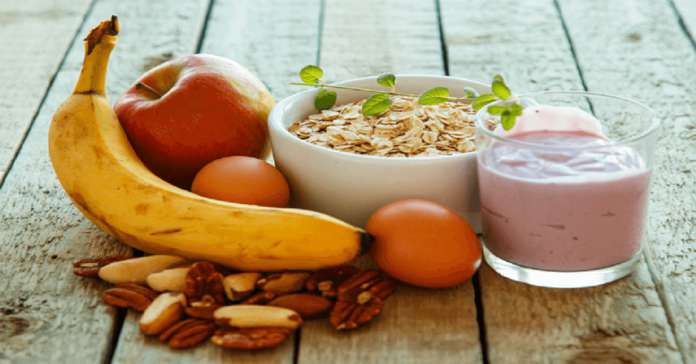I am a mother of a 12-year-old son and a nutritionist by profession. Our generation of parents, who were born in the 70s and early 80s have come a long way. We are the generation that is fortunate enough to witness the amazingly fast growth of technology and lifestyle from landline to a smartphone, type-writer to tablet and from a local grocery store to spanking new supermarkets.
We are well educated, doing well in our chosen professions and want to give our children the best of the world and we try our best to keep them entertained and happy. As adults in our late 30s and early 40s, we follow strict diet regimes, invest our time in fitness routines but when it comes to our precious children we give little thoughts on their food and diet. The common reaction I receive is that “they are just young and to the best of their health. They don’t need to worry”. WRONG! Malnutrition is not only undernutrition or overnutrition, it is actually defined as a nutrient-deficiency disorder.
As part of my profession as a child nutritionist, during workshops, I often inquire about what breakfast the children normally have. As per an overwhelming number of responders, it seems very common for school-going children to skip a proper breakfast and have only milk and biscuits as a replacement. Most of the parents probably know that breakfast is widely considered to be the most important meal of the day. What many of us probably don’t know is that a considerable number of global studies conducted by WHO and National Health and Nutrition Examination Survey (NHANES) have revealed that consumption of a regular breakfast contributes to improving overall nutritional status in children and adolescents. In addition, adolescents who consume breakfast have been shown to have better overall improved cognitive performance and academic achievement. Concomitantly, studies have linked skipping breakfast to adverse health outcomes of overweight and obesity (due to increased snacking and consumption of energy-rich foods of poor nutrient density), type 2 diabetes mellitus and metabolic syndrome.
Most of the parents are probably aware that India is witnessing an increase in the burden of childhood obesity, especially among the upper socioeconomic strata and in urban areas. India specific emerging literature suggests a link between childhood obesity and the diabetes epidemic in India. The dual epidemic is called “diabecity” caused by exposer to an obesogenic environment, created by rapid urbanization and nutrition transition in India.

So, now the bigger question is what should we do as parents for the wellbeing of our children. Over time we are getting more and busier every day. It is more common to have both parents working in today’s urban society and it may not be practical to prepare an elaborate breakfast. But the good thing is, a well-balanced breakfast need not be a fancy one. One simple rule is to avoid packaged food like cereals, bread (doesn’t matter if the label says it is “whole wheat” or “Atta bread” as these also contain preservatives and processed flour) and canned or packed juices (which contains high amount of sugars and preservative irrespective of what the label says). Remember what we used to have in breakfast in our childhood? Upma, poha, stuffed paranthas or simple roti-sabji. These very common Indian breakfast menus are rich in nutrients and far healthier any day compared to packaged food. You can create an improvised menu for your children which includes protein items like paneer, eggs, curd, cheese, various nuts etc. Nowadays various unprocessed flour (Atta) made from whole grains like ragi, jowar, bajra which are highly nutrient-rich are easily available and you can use these to introduce complex carbohydrates as part of the breakfast. Choose fruits which are locally grown and seasonal as the chances are that they will be fresh and has not traveled a long distance to reach your plate. The exotic and imported fruits and vegetables deteriorate their nutrient content because of long shipment around the world and are also full of chemicals to increase their shelf life.
India’s fast-growing economy has affected the urban lifestyle as well as the food habits. The global food manufacturing companies have pushed consumption of packaged food as part of our daily life through the supermarket culture and slew of marketing tactics. As a result, India is dealing with undernutrition and hunger on one side and multi-fold increase in diseases like obesity, hypertension, and diabetes on the other side. Children are not spared from these diseases. More and more young children are diagnosed with diabetes and high cholesterol levels. We as parents need to be more aware to guide them to a healthy lifestyle which begins with healthy food habits. As a human being is known as the creature of habits so we as parents can only hope that regular and healthy breakfast habits in childhood will track into adulthood.





